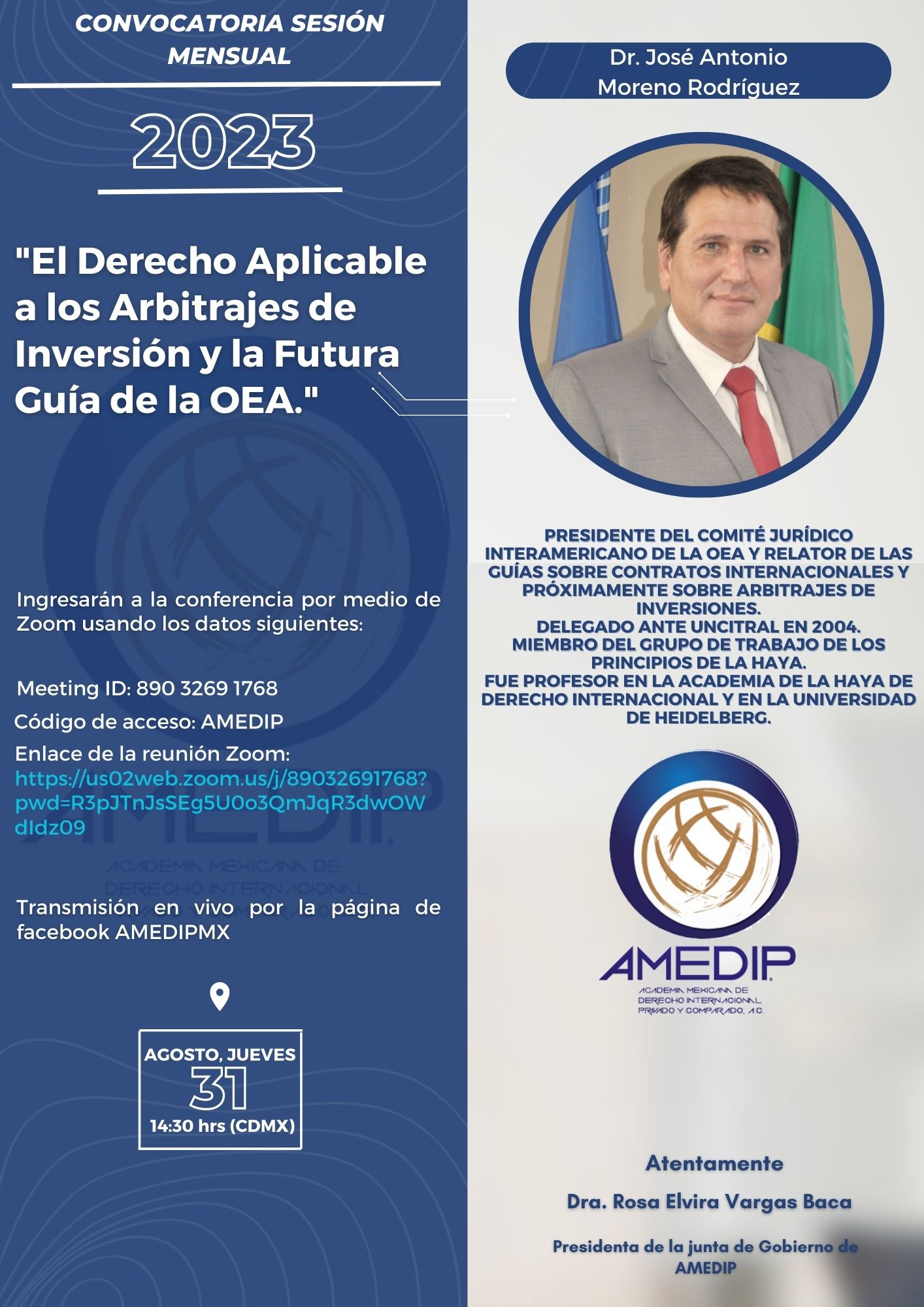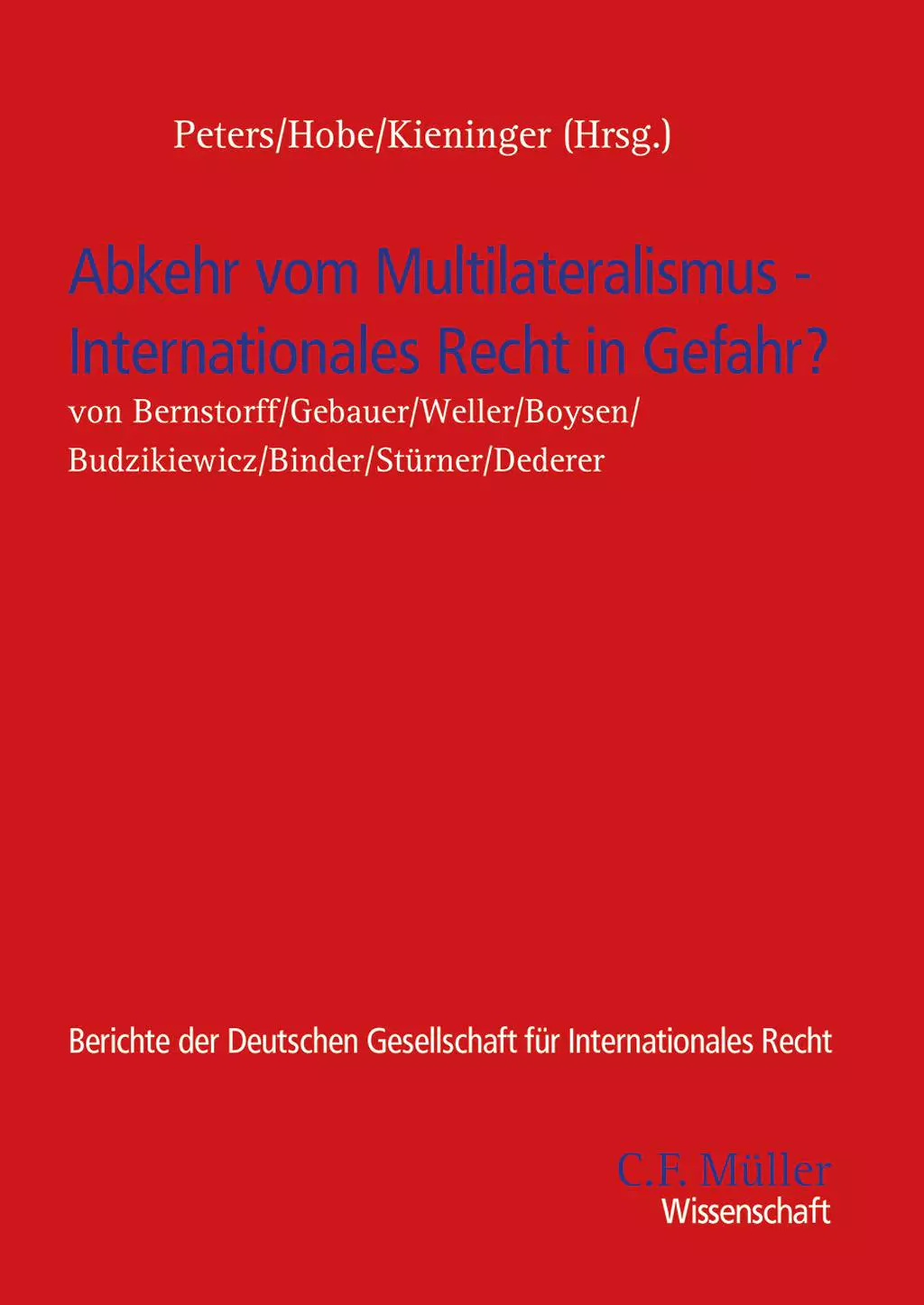Views
The Supreme Court deals the death blow to US Human Rights Litigation
Written by Bastian Brunk, research assistant and doctoral student at the Institute for Comparative and Private International Law at the University of Freiburg (Germany)
On April 24, the Supreme Court of the United States released its decision in Jesner v Arab Bank (available here; see also the pre-decision analysis by Hannah Dittmers linked here and first thoughts after the decision of Amy Howe here) and, in a 5:4 majority vote, shut the door that it had left ajar in its Kiobel decision. Both cases are concerned with the question whether private corporations may be sued under the Alien Tort Statute (ATS). Read more
No handshake, no citizenship – but with a second wife, everything’s fine?
Two recent judgments of European courts have highlighted the difficulty in finding the right balance between the cultural assimilation of Muslim immigrants demanded by national laws on citizenship and the necessary degree of tolerance towards foreign laws and customs. In a widely reported decision of 11 April 2018, the French Council of State (Conseil d’Etat) ruled that a naturalisation of an Algerian-born woman could be revoked because she had refused to shake hands with a male public servant during the naturalisation ceremony. Read more
Child Abduction and Habitual Residence in the Supreme Court of Canada
The Supreme Court of Canada, in Office of the Children’s Lawyer v Balev (available here), has evolved the law in Canada on the meaning of a child’s habitual residence under Article 3 of the Hague Convention. The Convention deals with the return of children wrongfully removed from the jurisdiction of their habitual residence.
A majority of the court identifies [paras 4 and 39ff] three possible approaches to habitual residence: the parental intention approach, the child-centred approach, and the hybrid approach. The parental intention approach determines the habitual residence of a child by the intention of the parents with the right to determine where the child lives. This approach has been the dominant one in Canada. In contrast, the hybrid approach, instead of focusing primarily on either parental intention or the child’s acclimatization, looks to all relevant considerations arising from the facts of the case. A majority of the court, led by the (now retired) Chief Justice, holds that the law in Canada should be the hybrid approach [paras 5 and 48]. One of the main reasons for the change is that the hybrid approach is used in many other Hague Convention countries [paras 49-50].
The dissent (three of the nine judges) would maintain the parental intention approach [para 110]. One of its central concerns is the flexibility and ambiguity of the hybrid approach [para 111], which the judges worry will lead to less clarity and more litigation. Wrongful removal cases will become harder to resolve in a timely manner [paras 151-153].
The majority did not apply the law to the facts of the underlying case, it having become moot during the process of the litigation [para 6]. The court rendered its decision to provide guidance going forward. The dissent would have denied the appeal on the basis that the child’s habitual residence was in Germany (as the lower courts had held).
The court briefly addresses the exception to Article 3 in what is commonly known as “Article 13(2)” (since it is not numbered as such) – a child’s objection to return – setting out its understanding of how to apply it [paras 75-81 and 157-160].
The Supreme Court of Canada has recently adopted the practice of preparing summaries of its decisions (available here for this decision) to make them more accessible to the media and the public. These are called “Cases in Brief”.
News
Out Now: “Turning away from Multilateralism – International Law in Danger?” (Proceedings of the German Society of International Law, Issue 51)
Recently, the German Society of International Law (DGIR) has published the proceedings of its 37 Biennial Conference held in Heidelberg from 9 to 11 March 2022. The volume is devoted to the – very timely – topic of “Turning away from Multilateralism – International Law in Danger?” and contains five contributions (in German) explicitly discussing issues related to Private International Law:
New Article published in the Journal of Comparative Law in Africa
A new private international law article was recently published online in the Journal of Comparative Law in Africa. The title is: MK Quartey & TE Coleman, “The Law Applicable to Tortious Liability: A Comparative Analysis of Article 4 of the Rome II Regulation and Private International Law in Ghana”
The abstract reads as follows:
AMEDIP’s upcoming webinar: The Applicable Law to Investment Arbitration and the Future Guide of the Organization of American States – 31 August 2023 (at 14:30 Mexico City time) (in Spanish)

The Mexican Academy of Private International and Comparative Law (AMEDIP) is holding a webinar on Thursday 31 August 2023 at 14:30 (Mexico City time – CST), 22:30 (CEST time). The topic of the webinar is the Applicable Law to Investment Arbitration and the Future Guide of the Organization of American States (OAS) and will be presented by Dr. José Antonio Moreno Rodríguez (in Spanish).
The details of the webinar are:



